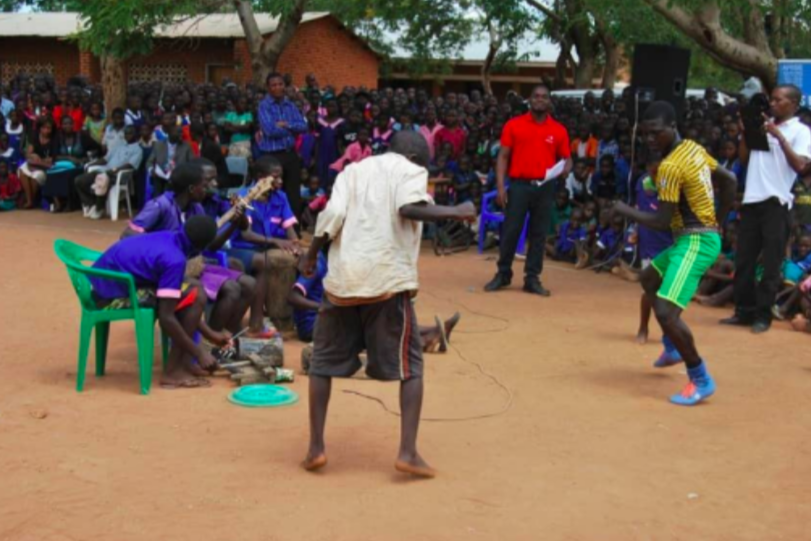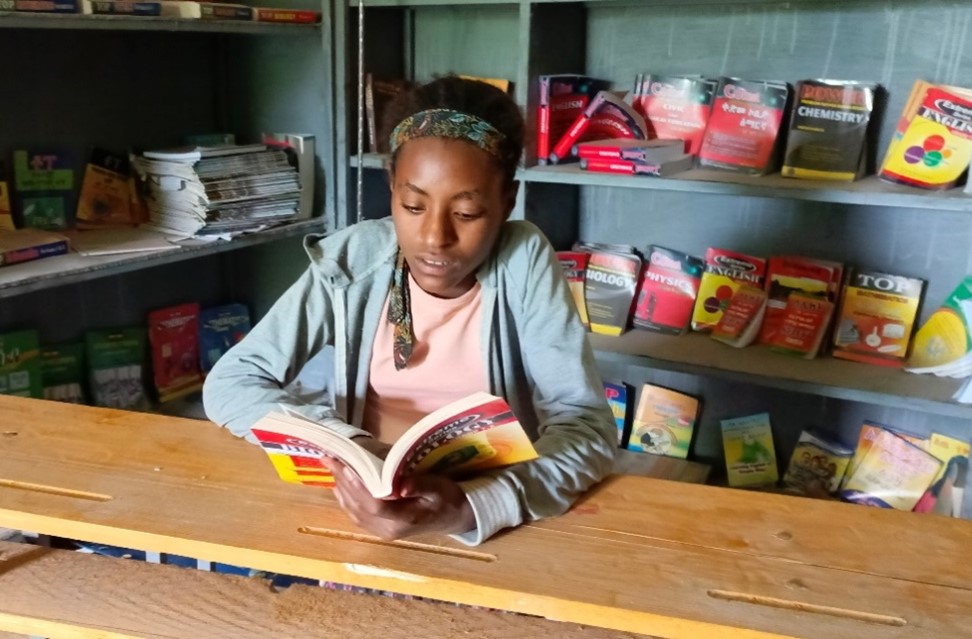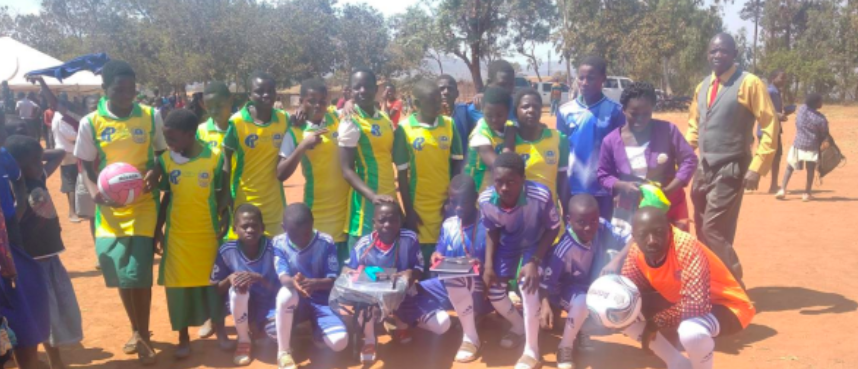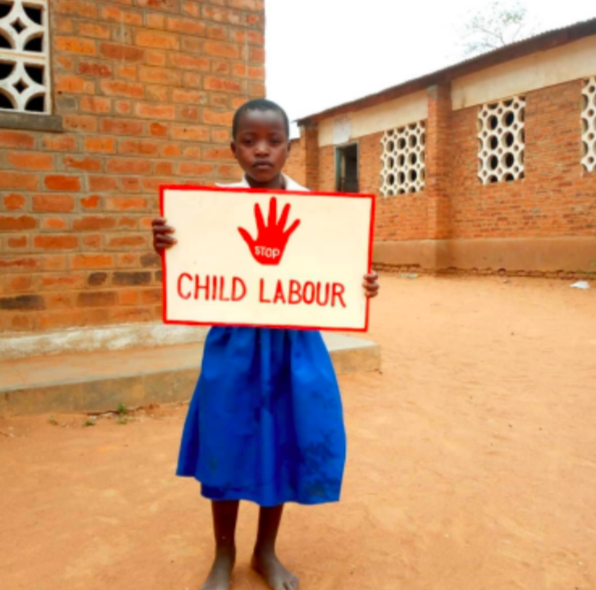In supporting education and preventing child labour in Chigudu zone, strategic interventions like remedial classes and child rights clubs have achieved a positive impact on the lives of learners and communities as a whole, as we can see from the following examples.
In response to the challenge of children at risk of dropping out of school, local schools have introduced remedial classes designed to fast-track learning outcomes. These classes target students with poor school attendance records and those with special needs and learning disabilities. The aim is to ensure that these children are at a comparable level with their classmates in terms of academic performance and avoid being left behind.
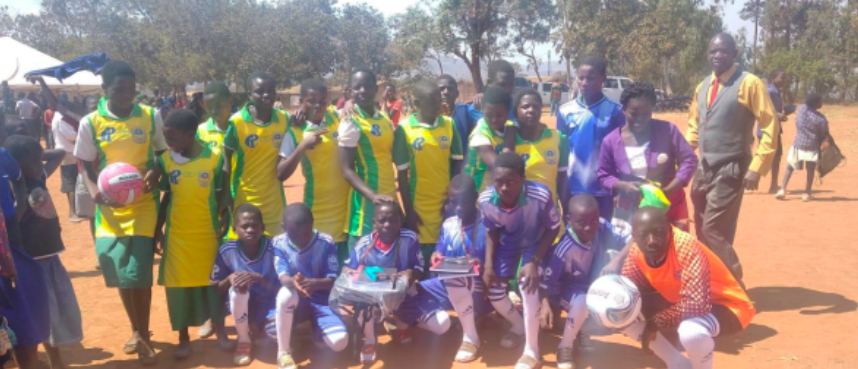
Local teachers have undertaken training in the International Labour Organization’s ‘Supporting Child Rights through Education, Arts and Media’ (‘SCREAM’) programme methodology to enhance their teaching approaches. Remedial classes, held once or twice weekly, focus on core subjects such as English, Chichewa (the Bantu language of Malawi), mathematics and life skills, supplemented by guidance and counselling. The teachers mainly use one-on-one sessions, pair work and group work according to learners’ needs.
Pindani Joseph, a 17-year-old student at Kapatamoyo school, is a testament to the success of these remedial classes. Through dedicated class attendance and with support from the school, Pindani excelled in his primary school leaving certificate exams, which has earned him a place at Madisi secondary school. This illustrates the tangible impact of remedial classes on individual lives.
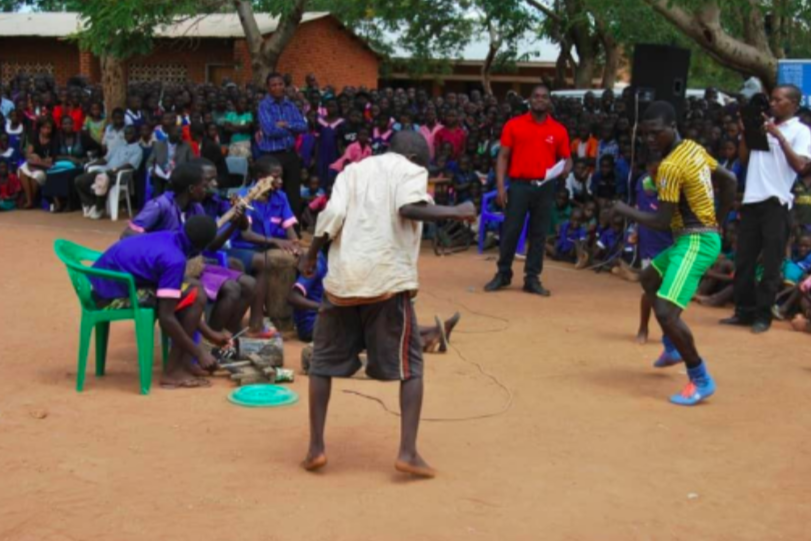
Recognising the importance of educating children about their rights and addressing child labour issues, Teachers Union Malawi (TUM) worked with the community to establish child rights clubs in targeted schools in Chigudu zone. These clubs serve as a platform for teachers to educate students about their rights, including to be free from child labour, using creative methods such as songs, drama, drawing and poems to raise awareness.
The clubs have empowered students to identify instances of child labour and encouraged them to stay in school. As a result, children are equipped not only with knowledge but also with the motivation to advocate for their rights and those of others. At school open days, students both showcase their talents and spread the message about child rights in their communities, helping raise awareness. This has encouraged community members to be proactive in addressing child labour issues.

